Blogs

Aug 26, 2024
Case Study: Can Digital Technologies Rescue Sinking Farmers?
Agriculture forms the backbone of the Indian economy and while we boast to be an agrarian economy, we are confronted by the glaring disparity within the agriculture supply chain. Where demand is on the rise and supply is inconsistent.
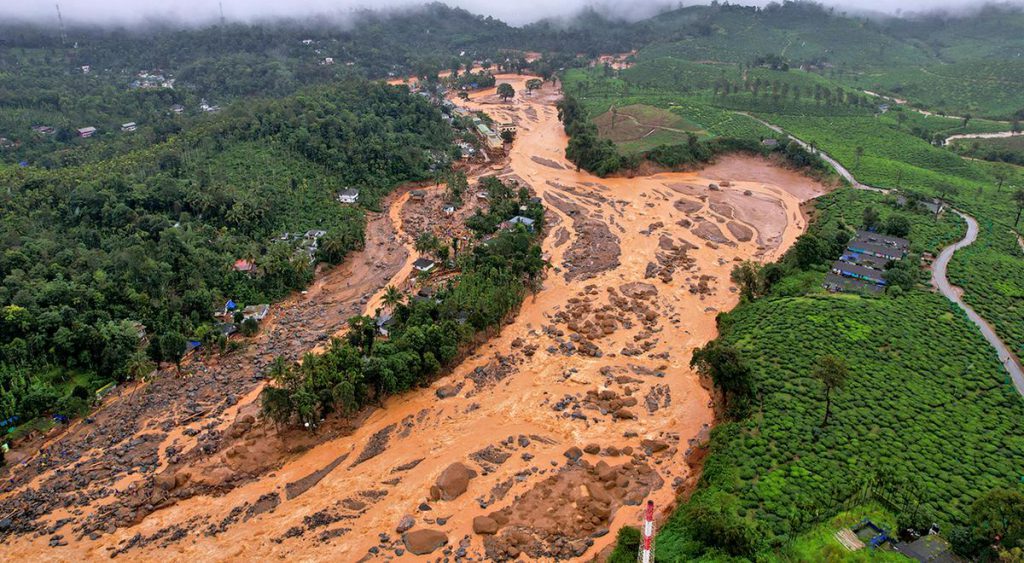
Aug 26, 2024
Case Study: Wayanad Journey through Climate Change and Disaster
In the early hours of July 30, Wayanad district in Kerala faced a devastating tragedy as relentless monsoon rains triggered multiple landslides. Entire villages were swept away, claiming over 250 lives, injuring many, and leaving more than 200 people missing. The district, known for its fertile landscapes and agricultural prosperity, was plunged into despair.
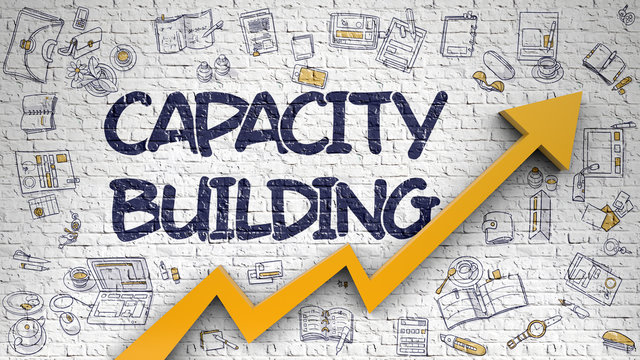
Sep 20, 2023
Empowering The Future: GeoSmart India Capacity Building Program
Capacity building goes beyond the mere acquisition of technical skills; it’s a holistic endeavor aimed at nurturing individuals, organizations, and entire communities to become more agile, knowledgeable, and adaptable. It’s about equipping individuals with the tools they need to drive positive change, make informed decisions, and contribute significantly to the growth of their respective industries. Recognizing the profound impact of capacity building, the geospatial world has embarked on a visionary initiative, inviting everyone to be part of this transformative journey.
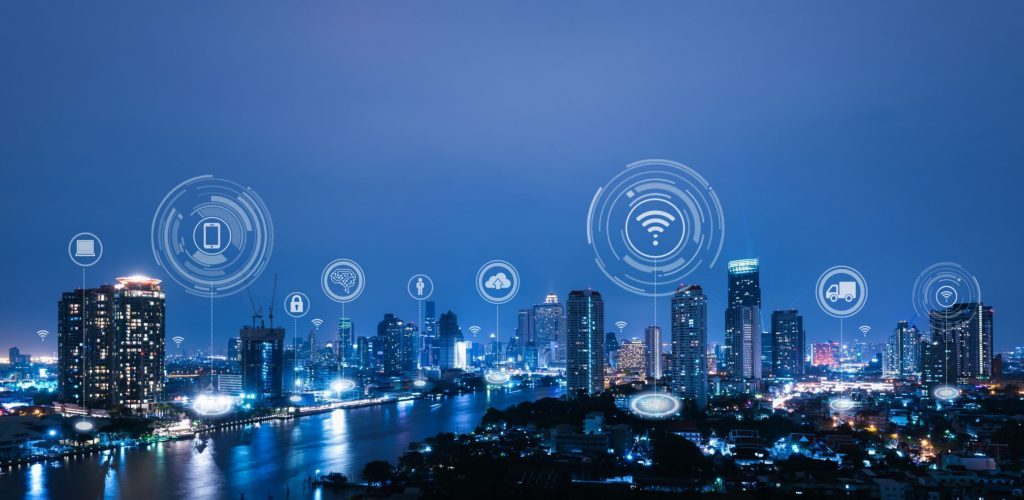
Sep 19, 2023
Integrated Urban Planning for India’s Sustainable and Safe Future
Amid India’s rapid growth, there are two critical aspects of urban planning that focus on our attention: the development of new cities and the modernization of existing urban systems. To enhance the quality of life for our citizens, we must prioritize essential factors such as safe and reliable infrastructure, efficient power distribution, robust transportation networks, and effective waste and water management.
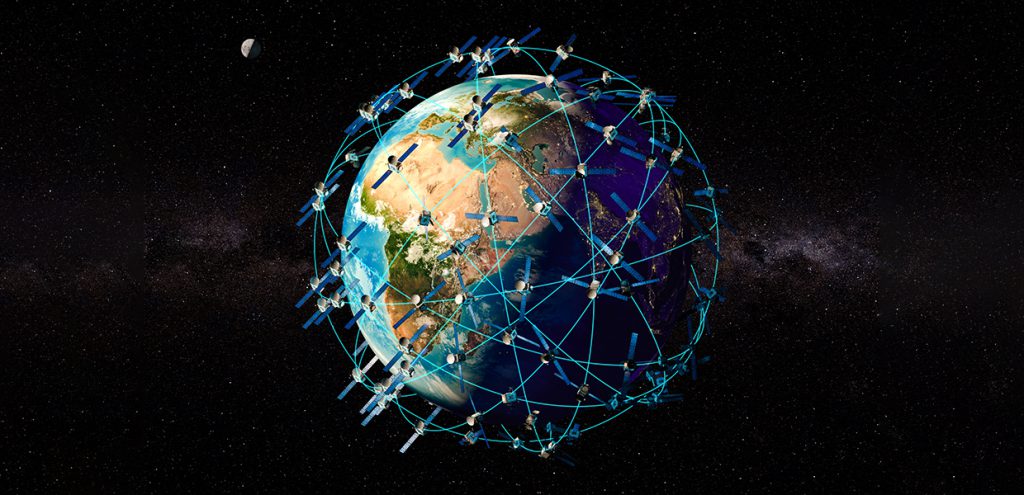
Sep 19, 2023
Unlocking the Power of GNSS: Precision Positioning’s Vital Role in Geospatial Technology
In a world where precision, accuracy, real-time information, and connectivity are paramount, Global Navigation Satellite System (GNSS) and positioning technologies are emerging as unsung heroes. These technologies have a profound impact on our daily lives and have transformed the way we navigate, collect data, and make informed decisions.
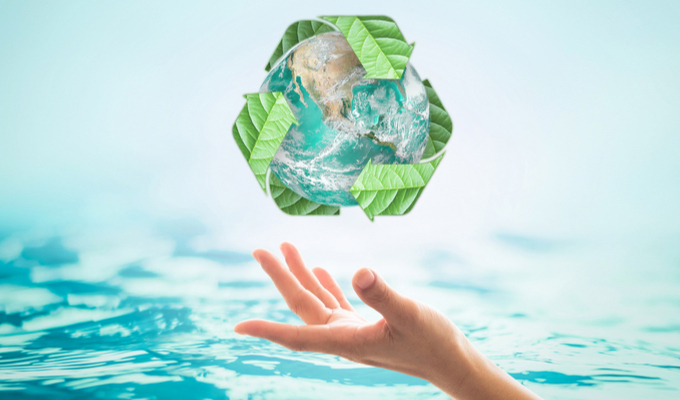
Sep 18, 2023
Water@2047 – A Lifeline for Sustainable Futures
As we journey towards 2047, we must recognize water as a lifeline for sustainable futures. Geospatial technologies empower us to make informed decisions that promote responsible water use, protect our environment, and ensure access to clean water for all. It’s a lifeline we cannot afford to ignore, and with technology as our ally, we have the tools to safeguard this precious resource for generations to come.
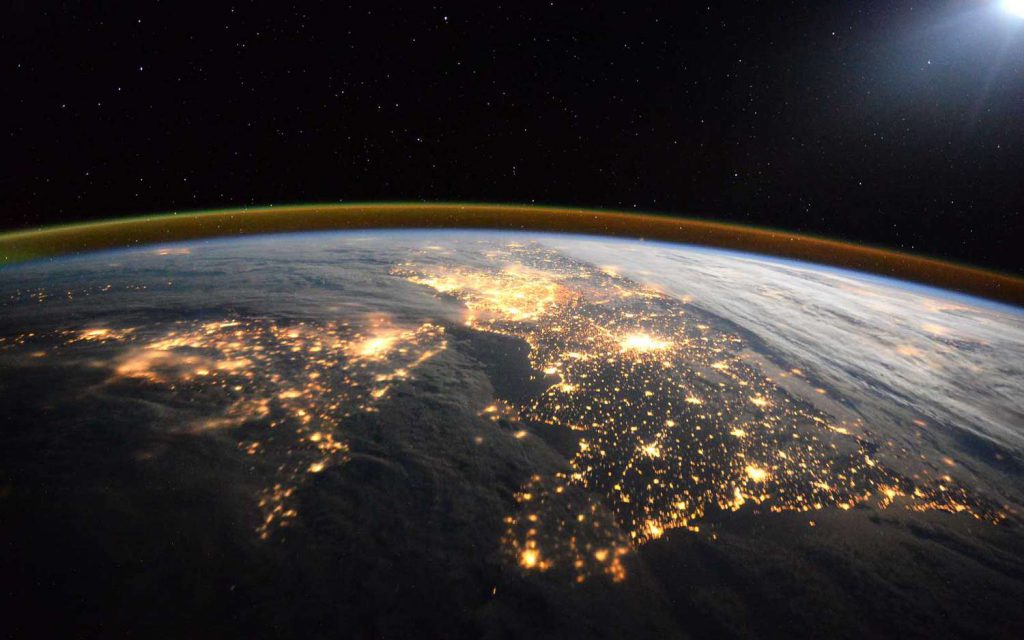
Sep 18, 2023
Transforming Industries with Geospatial and Earth Observation Technologies
Geospatial space economy emphasizes the role of space and geospatial technology as forces that can significantly improve various aspects of society and industry. It explores how these technologies are leveraged to create a force multiplier for a better tomorrow. Indian space capabilities are being harnessed for commercial purposes and the roadmap for industries to tap into these opportunities. It covers aspects like satellite technology and launch services available for commercialization of India’s space capabilities as a roadmap for industries.
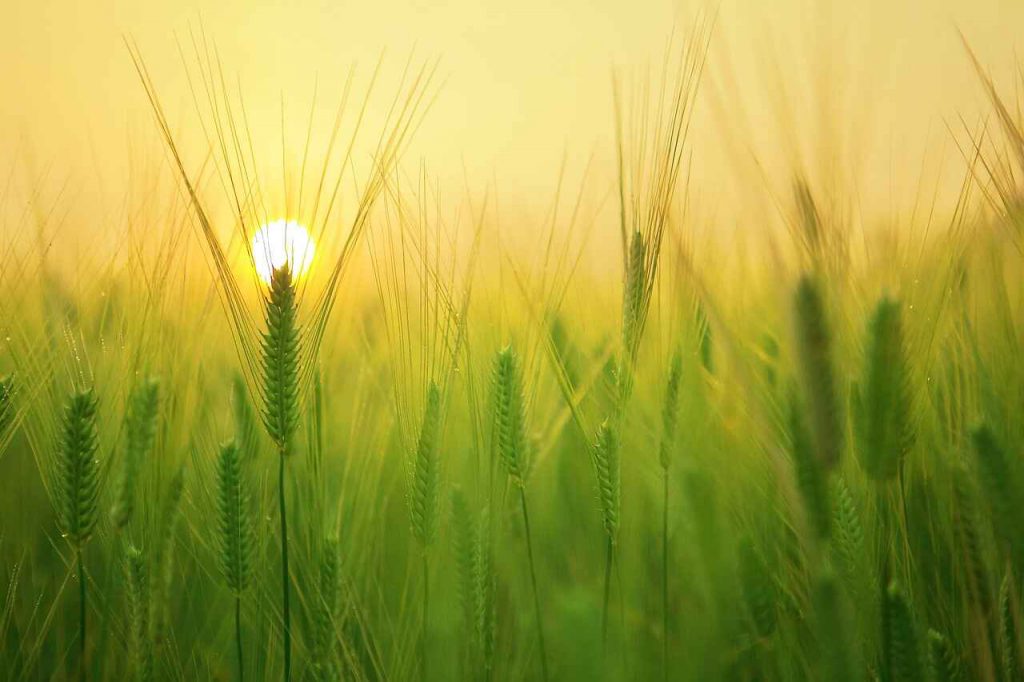
Sep 14, 2023
Enhancing Agriculture and Irrigation through Geospatial Technologies
Agriculture has been the backbone of human civilization for centuries. As the global population continues to grow, the demand for food is escalating. To meet this ever-increasing demand, agriculture must evolve and embrace innovative technologies. One of the critical aspects of modern agriculture is efficient irrigation, which is essential for sustainable crop production.
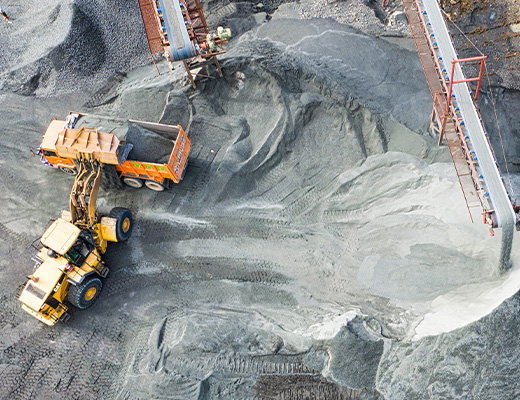
Sep 13, 2023
Unraveling Earth’s Secret: Geosmart India 2023
At Geosmart India 2023, we delve into the powerful alliance between geospatial technology and mining, witnessing how it uncovers valuable resources and reshapes the mining landscape. Before the advent of geospatial technology, mining and exploration were limited by guesswork and rudimentary techniques.

Aug 02, 2023
GET THE BASICS RIGHT! ENVIRONMENT & CLIMATE CHANGE
The environment is the very foundation of life on Earth, encompassing all the living and non-living elements that surround us. It includes the air we breathe, the water we drink, the soil that nurtures plants, and the intricate web of biodiversity that supports all life forms. However, our planet is now facing a pressing issue […]